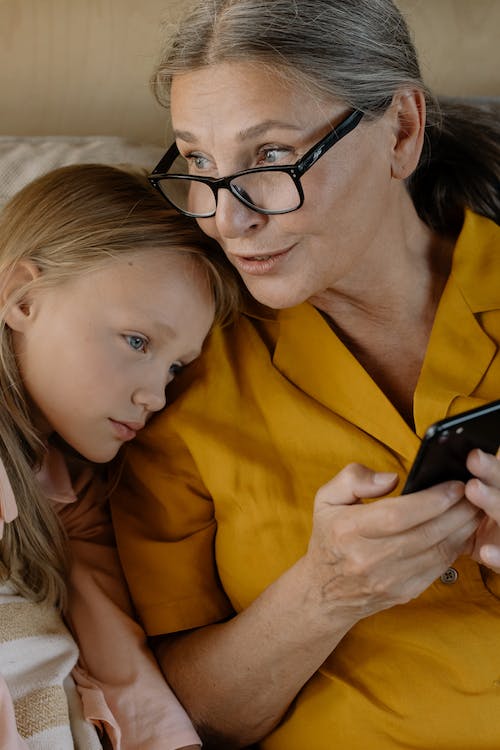
Reflections on The Final Gate from Angeles Arriens’sv-The Second Half of Life: Opening the Eight Gates of Wisdom
By now, regular readers of my Blog already know how useful I have found this book as a companion to my own aging. It gently covers areas that I can be attentive to now so that as I approach the final days of my life – which I hope are a long ways off – I feel prepared and at peace.
The Gold Gate is the final Gate in the series, and it helps us understand how to think about issues connected with letting go. Part of our work involved in making our way through this Gate calls us to release any disappointments or regrets that we may still be carrying forward. As we let go of these feelings, “we are able to befriend the culmination of our life.”
What a beautiful goal to aim for: Befriending the culmination of our life! I find myself drawn to the words of “befriending” and “culmination,” as they power this expression. I am struck by the statement that we need “to make friends with ourselves.” If my sampling is an accurate barometer, we spend more time listening to and being hounded by our inner critic than we do in appreciating who we are.
I find it helpful to think of myself as starting my life’s journey as a bunch of clay, and that all of my life experience has been a process of “sculpting” me into my final form. None of us are able to travel through life and do it perfectly. We can all reflect on our lives, and with a more mature, hard-earned perspective, we can see parts of our lives that we would have lived differently if we understood then what we can comprehend at later stages of life.
I’ve have found the words of the Irish poet, David Whyte, helpful in reflecting on life. He has suggested that we make two lists: one contains all of the good things that we encountered in life and the other a listing of the challenges, disappointments, errors in judgment that we have experienced. His next question is quite helpful in appreciating our challenges. From which list have you learned the most about life? Which list helped you grow and evolve the most?
It is a no brainer for me in answering that question. I have learned the most, and have experienced the most growth from challenges, disappointments, and regrets in my life.
Staying with the metaphor of clay, it is easy for me to visualize how every life experience has helped the invisible hand of the artist bring shape and definition to me. Culmination to me suggests that we are wise to focus on the person we have become and grown into through our life journey.
In order to appreciate our journey, it is helpful to spend time thinking about where we started in our life. How well did our childhood experiences prepare us for entering the adult phase of our life? Most of us would be able to identify an assortment of strengths we brought forward from our youth, and we could all name areas where we felt underprepared or ill prepared to face what we experienced as we aged.
This retrospective of where we began the serious work of shaping our lives is enlightened through the lens of self-compassion. It is good to remind ourselves of the roots or pillars of self-compassion as defined by Kristin Neff and Christopher Germer. The authors remind us how the three major elements of self-kindness, common humanity, and mindfulness provide us with the resource of self-compassion to help us live with our imperfections.
As I consider these pillars that form the resting place of self-compassion, I like to begin with focusing on common humanity. This area easily reminds me that none of us are perfect, and that we all at times struggle with being our best selves. Understanding this doesn’t mean we should give ourselves permission to not change. Instead, being mindful helps us do the introspective work of realizing that we want to do better. For example, I may have less patience on days when I’m tired, stressed, or not feeling well. In this state, I may not choose the kindest way of handling an annoying or difficult interaction.
The more we are able to bring self-compassion to our own lives, the easier it is to forgive others for any pain or harm that they may have caused us. We may never reach a state of full forgiveness, but if we can accept our own imperfections, it makes it easier to understand that others’ imperfections may have contributed to our disappointments.
I like being able to say and genuinely believe the helpful statement offered by Parker Palmer. He reminds us that “Wholeness is the goal, but wholeness does not mean perfection. It means embracing brokenness as an integral part of our life. The sooner we understand this, the better. It is a truth that can set us free to live well, to love well, and in the end, to die well…If we are willing to move through the pain of honest self-examination toward the grace of compassionate self-acceptance, the rewards are great. When we can say, ‘I am all of the above,’ we become more at ease in our own skin, more accepting of others who are no more or less flawed than we are, and better able to live as life-givers to the end of our days.”
May I suggest that you find a place to rest today, put your feet up with a cup of tea or a glass of wine, and reflect on the sculpture that your life is revealing!



